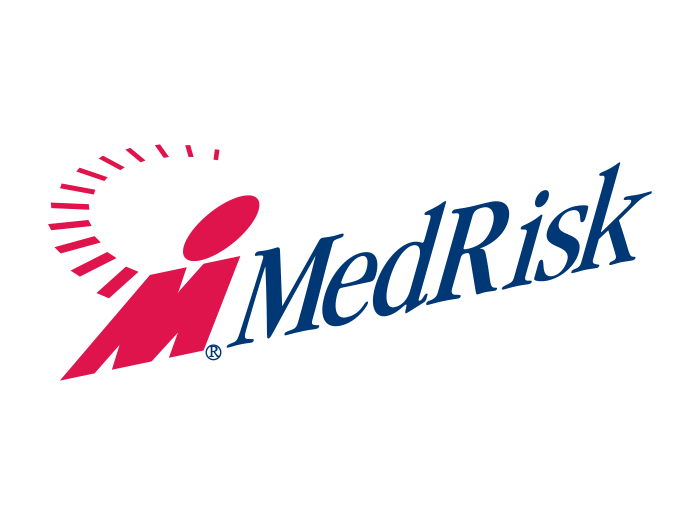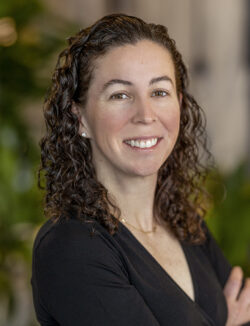Insurance Industry
Online, Direct Sales Continue to Grow

Online direct sales of insurance to small and medium-size businesses in the U.S. has become a hot market.
While no one is predicting that commercial insurance will be primarily sold online any time soon – and may always primarily require the use of a broker or agent — insurers that do offer coverage to small and mid-size businesses are seeing substantial growth.
Ted Devine, CEO at Chicago-based Insureon, predicted that five percent of small to medium-size insurance in the U.S. will be sold online within 10 years.
“Our online platform is about 10 years old, but the Insureon brand and our real focus on it started four years ago, and we’ve been growing at about 30 percent a year,” said Devine.
Pioneer in the Market
Hiscox USA was the pioneer in direct-to-small business online sales in November 2010.
“We’ve grown from zero in business in 2010 to over 100,000 customers currently, and with sales of thousands of new policies each week,” said Kevin Kerridge, head of small business, direct and partnerships, at the company. He started a similar program in the United Kingdom before moving to the U.S.
Hiscox and Insureon will soon be joined by Berkshire Hathaway Direct, which planned to launch its online product next year. ACE Group also has online small business products, although they are targeted to brokers and agents.
Warren Buffett’s Berkshire Hathaway is pivoting away from its once lucrative, but now lagging reinsurance business in favor of Berkshire Hathaway Direct, an online, direct distribution system for small and medium-size businesses.
“I wouldn’t play it any other way,” Chairman and CEO Buffett told the “Wall Street Journal” in July. Buffett is banking on a success similar to the company’s popular Geico Internet-only, direct-to-consumers auto policy service.
“We plan to launch this service sometime next year,” said Kara Raiguel, president of Berkshire Hathaway Direct, beginning with Business Owners Policy (BOP) and workers’ compensation.
“As we move along, we plan to add other products such as umbrella, commercial auto and professional lines,” she said.
Raiguel added that Berkshire Hathaway Direct is currently licensed in 48 states. “We expect to be licensed in all 50 states when we launch next year,” she said.
The Hiscox online direct sales program for small businesses began with professional liability. Since then, the online commercial lines program, the first in the U.S., has expanded to offer BOP and general liability coverage.
The solutions are currently available in 38 states and D.C., and will be available nationwide within a year, said Kerridge.
“Technology empowerment is what this effort is all about.” — David Charlton, president, micro & specialty products, ACE Commercial Risk Services
“Consumers expect their online business insurance purchase to work the same as it does for all of their transactions online. You can purchase cars online directly without any human interaction and you should be able to do the same for business insurance,” he said.
“To take full advantage of the online channel you need to commit to creating a fully automated process. Every workaround and human review adds time and cost to the process and makes it less appealing to consumers.”
Starting its online, direct distribution for small businesses four years ago, Insureon currently represents about 35 carriers and 175,000 clients, with $210 million in annual premiums.
Devine noted that Insureon, which is licensed in 48 states, gets about 400,000 hits a month on its website, all driven by online digital marketing strategies.
At its start, Insureon offered BOP, workers’ compensation and liability. Since then, it has added commercial auto and cyber, Devine said.
The company also has a B2B business, Insurance Noodle, which Insureon acquired last year, which provides “access to our markets through technology for about 6,000 independent agents,” said Devine.
Empowered by Technology
ACE Commercial Risk Services (ACE CRS), which targets small U.S. businesses, also uses appointed agents and brokers as part of its move into the online market on March 30, when it launched new packaged BOP insurance products.
“Small businesses continually struggle to find proper insurance coverage due to a lack of optimal choices, issues with cost, or uncertainty about the scope of coverage that is most suitable for them,” said David Charlton, president, micro & specialty products, ACE CRS.
“Technology empowerment is what this effort is all about.”
The underwriting platform, ACE Solutions Fast Track, quotes and issues small business and specialty insurance for brokers in less than five minutes, according to the company, by utilizing real-time third-party data analytics.
In early August, ACE CRS launched an expanded list of online products and coverages to include Lessor’s Risk BOP; Liquor Liability; Commercial Umbrella; Employment Practices Liability Insurance BOP Enhancement; Privacy Liability & Data Breach Insurance BOP Enhancement (Cyber) and Professional Liability BOP Enhancement.
Then in late October, the company launched a Producer Portal, which focuses on increasing functionality and simplifying the user experience. The new online portal gives the company’s small business clients an easy-to-use application, providing brokers real-time access to ACE’s systems and expertise, according to ACE.
Regardless of the technology advances made, Devine said, agents and brokers will continue to be the majority distribution channel for reaching small and medium-size businesses for at least the next 10 years.
He noted that selling auto insurance online did not really reach a tipping point until about 10 years after it was introduced in the market.
“Given the complexity of the product, it’s always going to have to be delivered with a lot of advice,” Devine said. “Whoever delivers the best advice is going to win.”
He added that each industry is different. “A mobile food truck is different from a contractor, etc.,” he said. “So you’ve got to have a lot of different industry expertise.”
“This is not going to be a commodity business, even though the technology will continue to make delivering the business easier and easier,” Devine said. “But we will always need people as well.”













